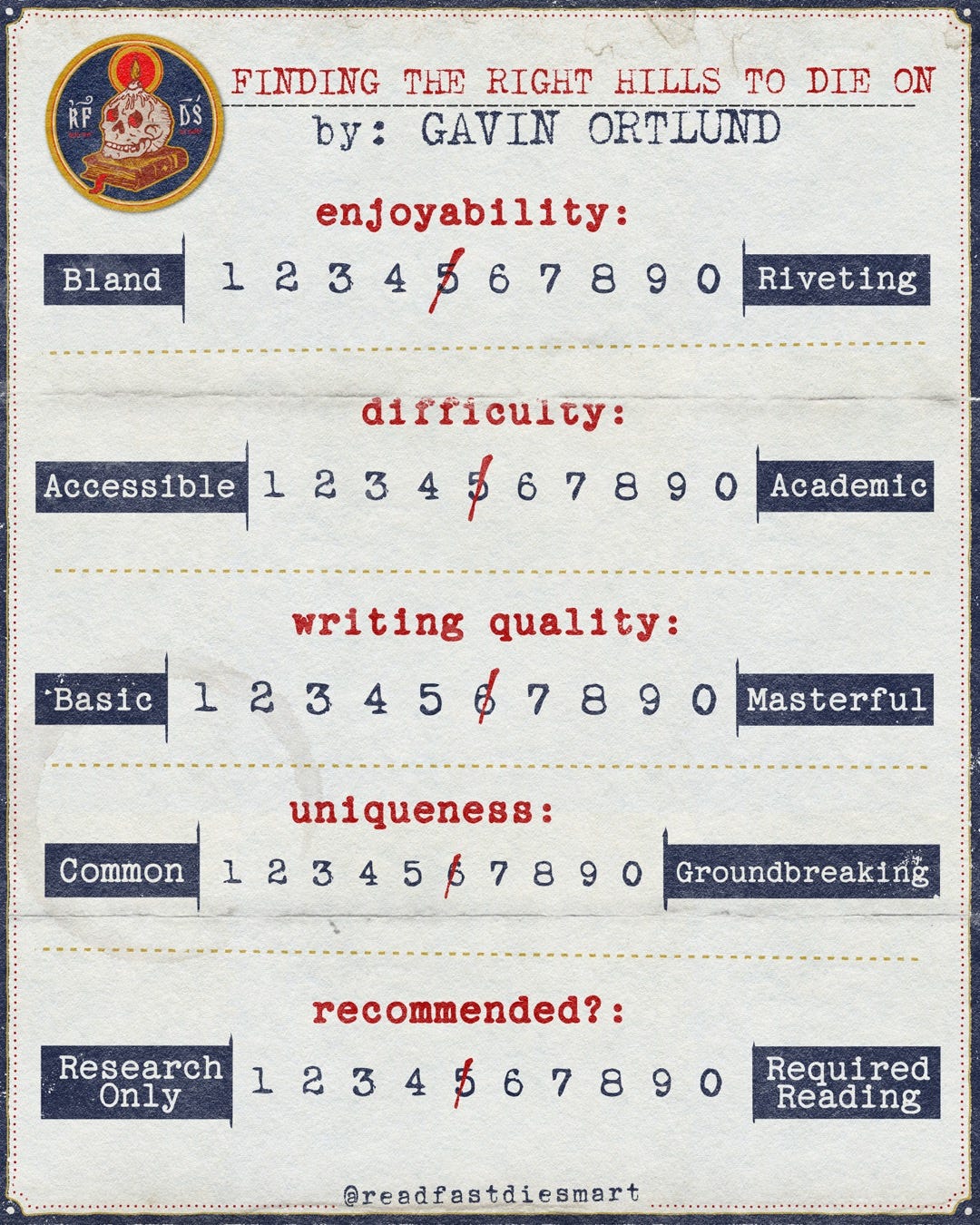QUOTES:
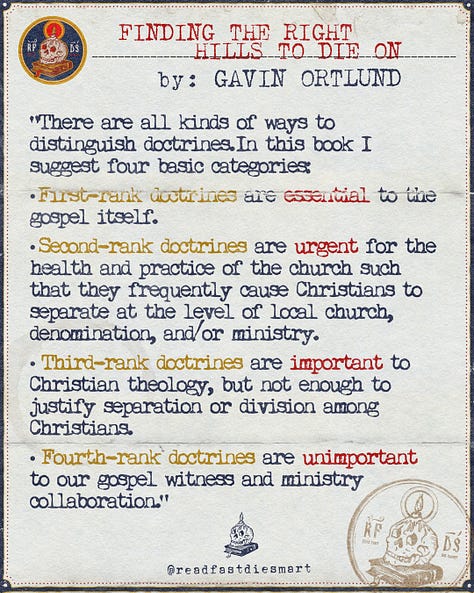
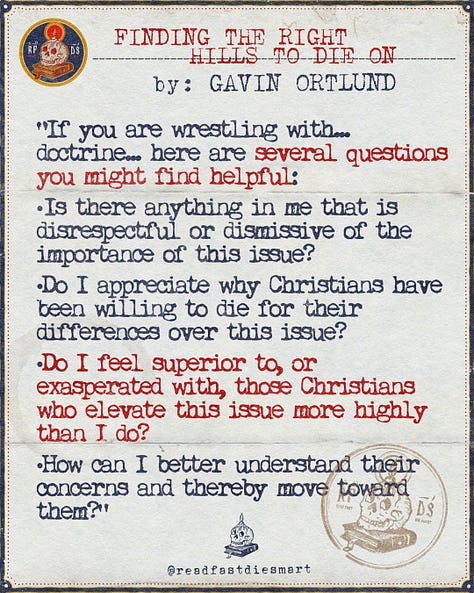
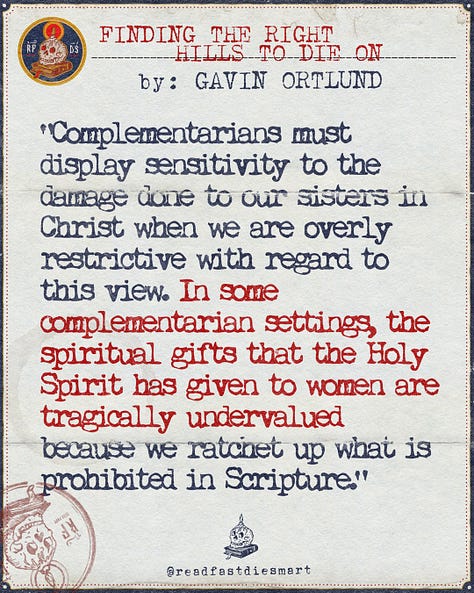
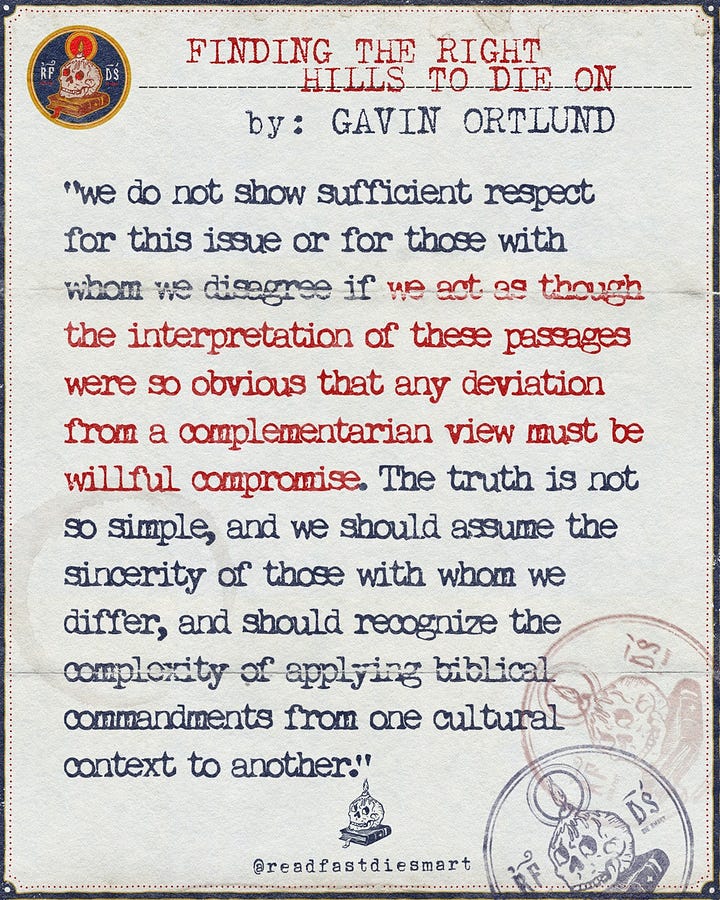
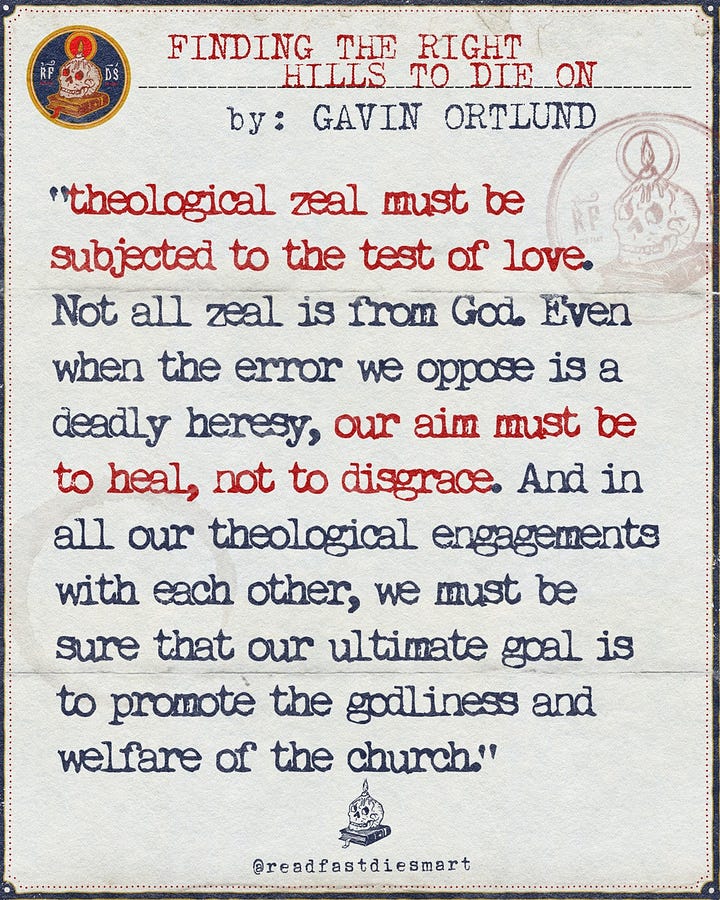
MAIN TAKEAWAYS:
-ALL doctrine is important to the life of the church - but there are varying levels of importance, and it’s valuable to be able to discern what is what, for the sake of church unity.
-Dogmatic Liberalism (not caring about doctrine) is just as dangerous and unhelpful as the Staunch Fundamentalism that cares a bit too much about every doctrine.
-Discerning what doctrine falls to which rank is not always a simple task. It takes wisdom, patience, thoughtfulness, courage, and love to work through that process.
-Church unity, within the context of truth, is an ultimate and guiding principal in these processes. We need to be empathetic and hospitable with our brothers and sisters as we discuss theological and doctrinal matters.
WHAT'S THE VALUE IN READING THIS?
This book could be an invaluable instrument for any church leader, or member, who is facing some form of crisis within their congregation about doctrine, values and governance. The theological triage proposed by Gavin is a simple, but effective tool that could help church leaders remain somewhat impartial as they parse out what they feel are matters of first, second, third, etc rank to their congregation.
Gavin’s insistence on hospitality, empathy, love, patience and unity is a refreshing twist on a sometimes contentious subject.
This book would also be valuable in helping readers understand why certain people/denominations/churches place certain emphasis on various doctrines, and why they hold them in such high esteem. There is a push here to listen well and learn not just WHAT doctrines are important, but why - and moreso the motivations behind the actions.
WHAT'S THE DANGER IN READING THIS?
I don’t carry too many concerns here. As with any book, I encourage readers to read critically. Don’t assume that what the author ascribes to is the ultimate or final truth. This author holds to some views I disagree with, as well as some I do - but it’s always helpful to not brainlessly allow that to be confirmation of your belief.
That being said - Gavin really does encourage us to think critically, empathize with others, and do our own reflection - so I believe that anyone who is willing to fully embody that spirit in their reading and thinking will do just fine.
PERSONAL THOUGHTS
So here's the deal. Before reading, I knew NOTHING about this book or author, other than the title and the fact that the author was a Gospel Coalition affiliated writer. My main motivation for reading centred around the fact that this was a book about prioritizing different doctrines - written by a man who comes from a conservative/reformed background. What I found curious about this is the fact that elevating and prioritizing certain doctrines - that maybe should have a little less attention given to them - seems to be a hallmark of the Reformed/Calvinist world. I wanted the inside scoop, from someone who has their feet on the ground (so to speak), about how certain corners of the church can justify elevating doctrines like election to be salvation-critical.
What I expected to be a somewhat eyeroll-worthy yawnfest turned out to be something much more reasonable, helpful and enjoyable than anticipated. I found Gavin to be incredibly thoughtful, rational, and insightful - even on matters that are disagreeable. One of the points he makes in the book is that he desires to disagree WELL with others, and I think he really pulls that off. Lots of folks speak about unity in the church, and how it relates to doctrinal matters - but often that just means something like "You need to agree with me, so we can have unity". This is not the case with Gavin. He walks a high road, and I respect his approach.
When he spent a bit of time sharing some of his personal views on various doctrines, I realized I had much more in common with him theologically than expected! He does not ascribe to infant baptism, is a-millenial and a partial preterist - as well as not a young earth creationist!! For me personally, all of this supports my perception of him being a very reasonable, rational and thoughtful person. (But of course - who wouldn't think that of someone who agrees with them on everything? ha.)
Obviously there are matters we would disagree on as well. Ortlund is a Complementarian - although, as you can tell from some of the quotes I pulled, he is softer on that front than many others. And of course, he comes from a Reformed background, so there would be some disagreement there.
All in all - The book was better than expected, but ultimately didn’t leave a remarkable impression on me. As I wrote this review, I was struggling to recall much of what the book said, and it’s unlikely that in the future I’ll remember or recommend this book in any real way. On the other hand though, I feel like this COULD act as a great reference for any real-world situation where someone who is involved in the leadership of a church is needing to make some practical decisions about their doctrine and governance. It’s unlikely I’ll ever be in that position again myself - so… that’s that?






